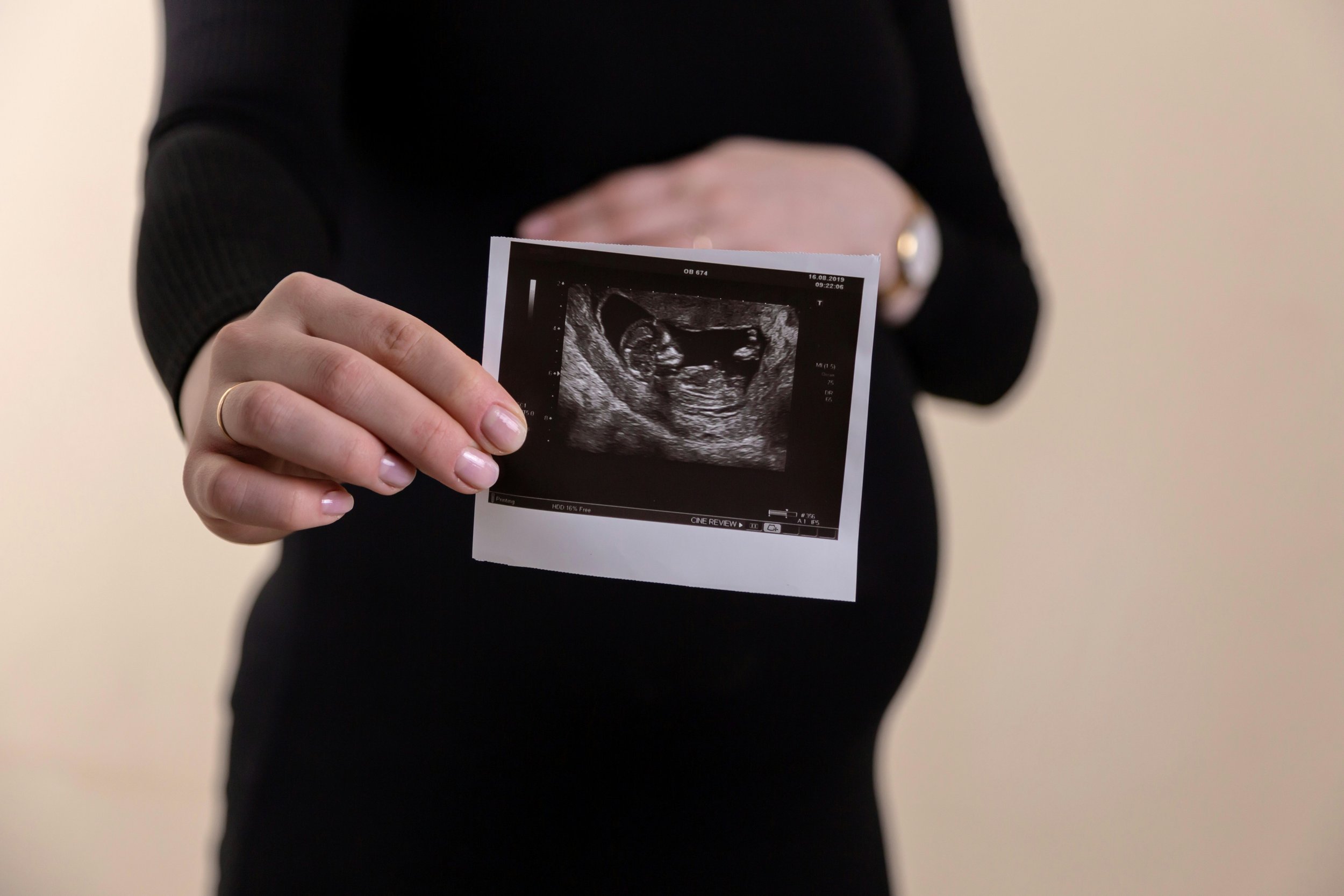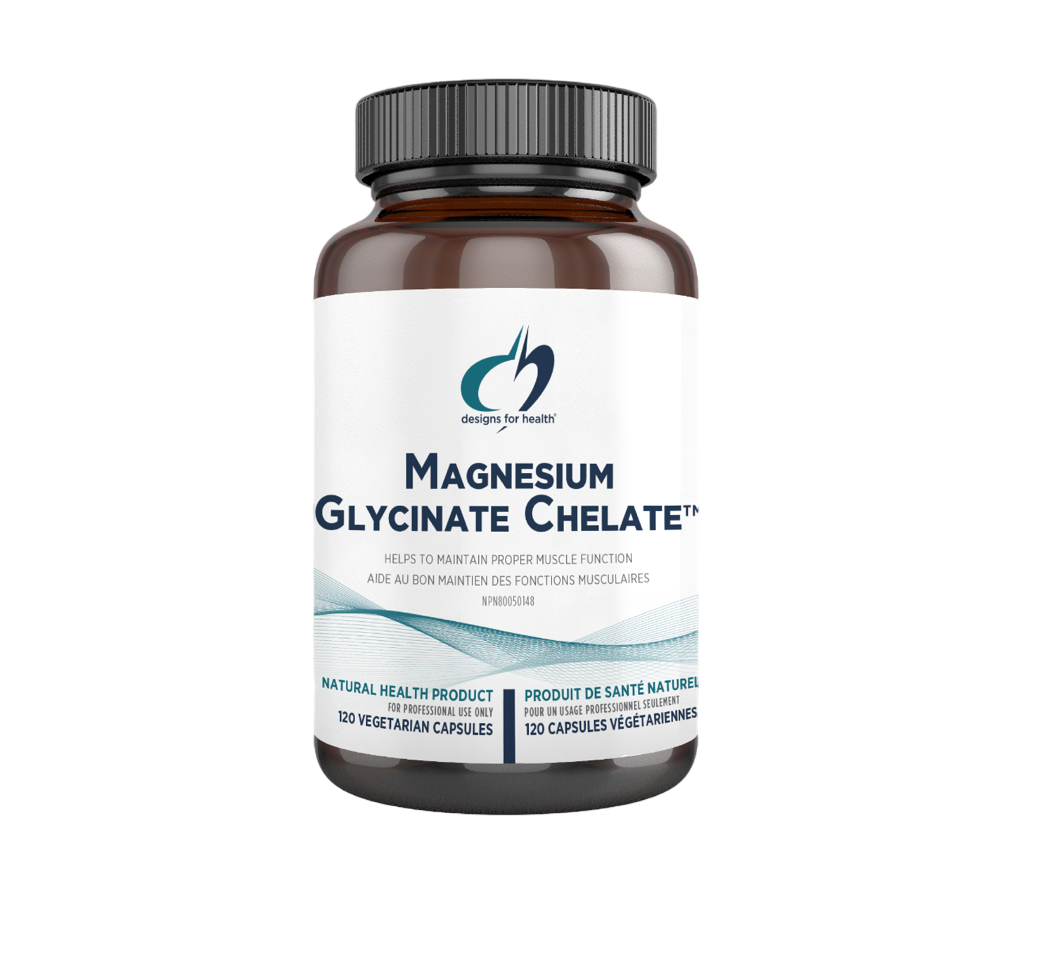Don’t Skip These Key Fertility Foods
Food has the ability to support every function in our bodies at the cellular level, including fertility and reproduction. Certain nutrients are not just important for fertility, but necessary for healthy, thriving hormones. Food has the power to drive the inflammatory process and wreak havoc on our hormones, or help bring us closer to hormonal harmony. Let’s talk about a few key foods and nutrients to get into your diet today!
Omega-3 Fatty Acids
Getting omega-3s, mainly from wild-caught fish help reduce inflammation in the body (1) and support the production of progesterone, which is a key hormone responsible for preparing the uterus for pregnancy and helping to maintain a healthy pregnancy.
Omega-3s can also help regulate ovulation and improve egg quality. Low mercury fish are your best option, and they can also be obtained through seeds, such as flaxseeds, pumpkin seeds and chia seeds. You may also consider seed cycling to support estrogen and progesterone balance.
Zinc
Zinc is another critical nutrient for fertility in both men and women. Men have a special need for zinc due to its ability to support testosterone levels, but women also need healthy testosterone for fertility, so this is key for both sides! Pumpkin and hemp seeds are good plant-based options for zinc, but also aim to get animal-based zinc for optimal absorption from grass-fed beef, eggs, lamb, chicken oysters and/or beef liver.
Indole-3-carbinol
Indole-3-carbinol (I3C) is a nutrient found primarily in cruciferous vegetables that has the ability to impact fertility due to it’s effects on estrogen. A by-product of I3C is DIM (diindolylmethane), which has been shown to modulate and regulate the expression and activity of certain enzymes that support healthy estrogen metabolism (2). It also supports detoxification and is a key nutrient for proper liver function. Eating more steamed cruciferous vegetables, such as broccoli, cauliflower, cabbage, brussels sprouts and broccoli sprouts are a great way to support fertility.
Vitamin E
This antioxidant supports the reproductive system, helps reduce inflammation and oxidative stress. Consume foods such as: sunflower seeds, almonds, pumpkin, beet greens, spinach, as well as healthy fats to support the absorption of this fat-soluble vitamin.
B vitamins
B vitamins support the adrenal system and cortisol response. When the adrenal system is dysregulated and there is chronic stress at play, the body prioritizes the production of stress hormones in place of progesterone. Consume grass-fed meats, fish, dark leafy greens, avocados and almonds for more B vitamins.
Vitamin C
Vitamin C helps trigger ovulation in women and supports the body’s absorption of iron, which is important for fertility. Additionally, it supports the adrenal glands and DHEA production (3). It’s also a key nutrient for men, as it supports sperm health. Get more whole foods containing vitamin C in your daily diet, such as lemons, grapefruit, kiwi, strawberries, red peppers, broccoli (including sprouts) and oranges.
Pro Tip:
Choose organic as much as possible, follow the Dirty Dozen and choose grass-fed, organic meat to avoid higher levels of toxic chemicals and added, synthetic hormones that could be dysrupting your hormones.
It’s Not Just What You Add That Matters
Remember that just as important as including fertility-supportive foods is removing foods that are contributing to inflammation and hormonal imbalance. Some of these foods include: refined sugars, alcohol, refined carbohydrates, gluten, conventional dairy, too much caffeine and processed foods. Getting on a hormone-balancing nutrition plan is critical for healthy hormones and optimal fertility!
If you’re looking to optimize your fertility, a holistic plan can make all the difference! Learn more about how we can test key fertility hormones and support you on your journey.
Sources:
(1) https://draxe.com/health/natural-infertility-treatment-remedies/#
(2) https://lpi.oregonstate.edu/mic/dietary-factors/phytochemicals/indole-3-carbinol
(3) Beyond the Pill by Dr. Jolene Brighten





